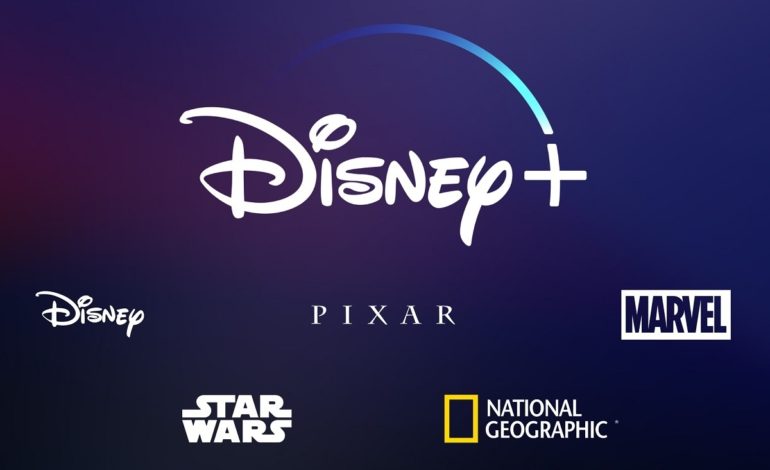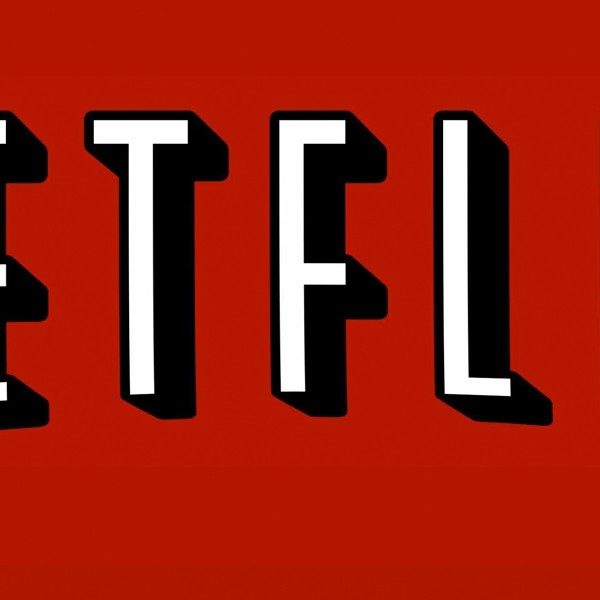

Completely reshaping the entire media landscape, Disney will now be adding Fox’s previously owned Marvel properties to its own, including: Deadpool, X-Men, and the Fantastic Four, amongst others. Effectively, adding to their already huge roster of titles including: Pixar, the Star Wars brands, and other Marvel works — allowing the entire MCU family to finally be reunited.
The $71.3 billion merger was finalized earlier today at 12:02 a.m. Eastern standard time — a year after the original deal was brokered between the two companies and Comcast. The entertainment company now owns an even bigger breadth of television networks such as FX Networks, amongst the entirety of National Geographic and its subsidiary partners. Disney will also acquire Fox’s 30 percent stock share of Hulu, giving them a total share of 60 percent.
The acquisition puts Disney as a major front-runner in the ongoing competition between streaming giant Netflix, and other big studio production houses. A huge advantage for the entertainment conglomerate, as it rolls out its own streaming service, Disney+, later this year.
The deal has been in the works for sometime, but wasn’t official approved until various global regulatory agencies gave their official OK for the merger. Meanwhile, Disney and Fox previously announced in Dec. 2017, that they had agreed to a $52.4 billion deal that would sell off their entertainment properties in the spirit of founder Rupert Murdoch.
As NPR’s Folkenflik reported at the time, the acquisition allowed the opportunity for Disney to “consolidate holdings, bringing together talented leaders in television and movie production, major cable properties and a vast network of local sports cable channels to fold into Disney’s ESPN programming.” While going forward the Fox Corp. completely becomes its own stand alone company no longer with any entertainment properties.
The Justice Department jumped on board as well, when last summer they gave their own approval, as long as Disney agreed to sell all twenty-two of its regional sports networks that were originally part of the purchase; with ESPN being included.
Folkenflik further claims, that Fox’s ultimate decision was mostly motivated by “fear” and “opportunity pragmatism.”
Fear of the seemingly bottomless wallets of Netflix, Amazon and possibly Apple to spend on new shows; opportunity to cash out assets at a possible peak; and pragmatism in finally resolving the professional fates of Murdoch’s sons, Lachlan and James, as well the fortunes of four other Murdoch children who do not play a role in the company.
This story was originally reported by NPR.

